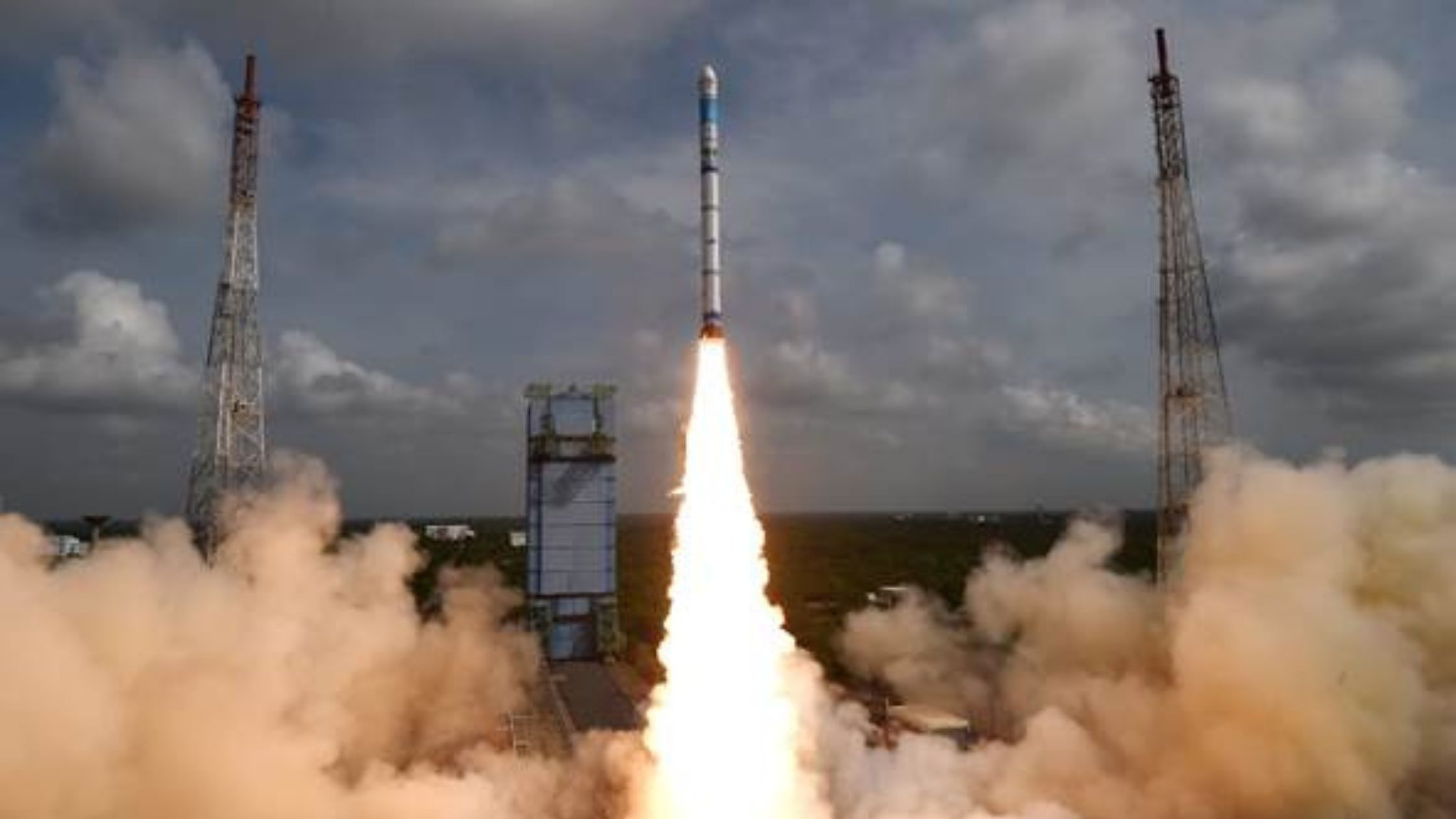AsiaTechDaily – Asia's Leading Tech and Startup Media Platform

India Sets Sights on Space: New Station and VC Fund to Propel Growth
The Indian government has announced plans to establish its own space station, the “Bharatiya Antriksh Station,” by 2035, as announced by Union Minister of State for Science and Technology Jitendra Singh.
The announcement followed the signing of a memorandum of understanding between the Indian Space Research Organisation (ISRO) and the Department of Biotechnology on October 26.
In addition to this ambitious project, Prime Minister Narendra Modi’s Cabinet has approved a dedicated ₹1,000 crore Venture Capital Fund to boost India’s space sector. Developed under the Indian National Space Promotion and Authorization Center (IN-SPACe), the fund aims to support up to 40 space startups across the value chain, enhancing job creation, technological advancement, and India’s position in the global space market.
The ₹1,000 crore Venture Capital Fund is structured to support India’s vision for the space sector and aligns with the goals outlined in the 2020 space reforms. Designed to cater to the specific needs of private companies in the high-risk, high-reward field of space technology, the fund aims to achieve multiple objectives. Key among these is capital infusion, which will provide critical early-stage financial support to drive the growth of Indian space startups and instill market confidence for later-stage development.
Additionally, the fund seeks to retain talent within India, addressing the trend of startups relocating abroad for better funding opportunities. By fostering the growth of homegrown companies, the initiative aims to prevent brain drain and enhance domestic capabilities.
The government also envisions a five-fold expansion of India’s space economy over the next decade, positioning the country as a significant global player in space technology while reducing reliance on foreign innovations.
The fund will gradually deploy capital over five years, starting with an allocation of ₹150 crore in FY 2025-26, followed by ₹250 crore annually from FY 2026-27 to FY 2028-29, and a final allocation of ₹100 crore in FY 2029-30.
Investments will range from ₹10 crore to ₹60 crore, depending on the startup’s stage of development. The aim is to support approximately 40 startups across the space sector.
India’s space economy is valued at around USD 8.4 billion, accounting for 2% of the global market. The government aims to elevate this figure to USD 44 billion by 2033, including USD 11 billion in exports, representing 7-8% of the global share.
This growth is expected to be fueled by increased private sector involvement, with approximately 250 startups actively contributing across various segments of the Indian space economy.
Similar to other nations that have recognized the strategic significance of space, such as the UK, Italy, Japan, and Saudi Arabia, India is establishing a venture capital fund to bolster innovation and enhance national capabilities in the space sector.



